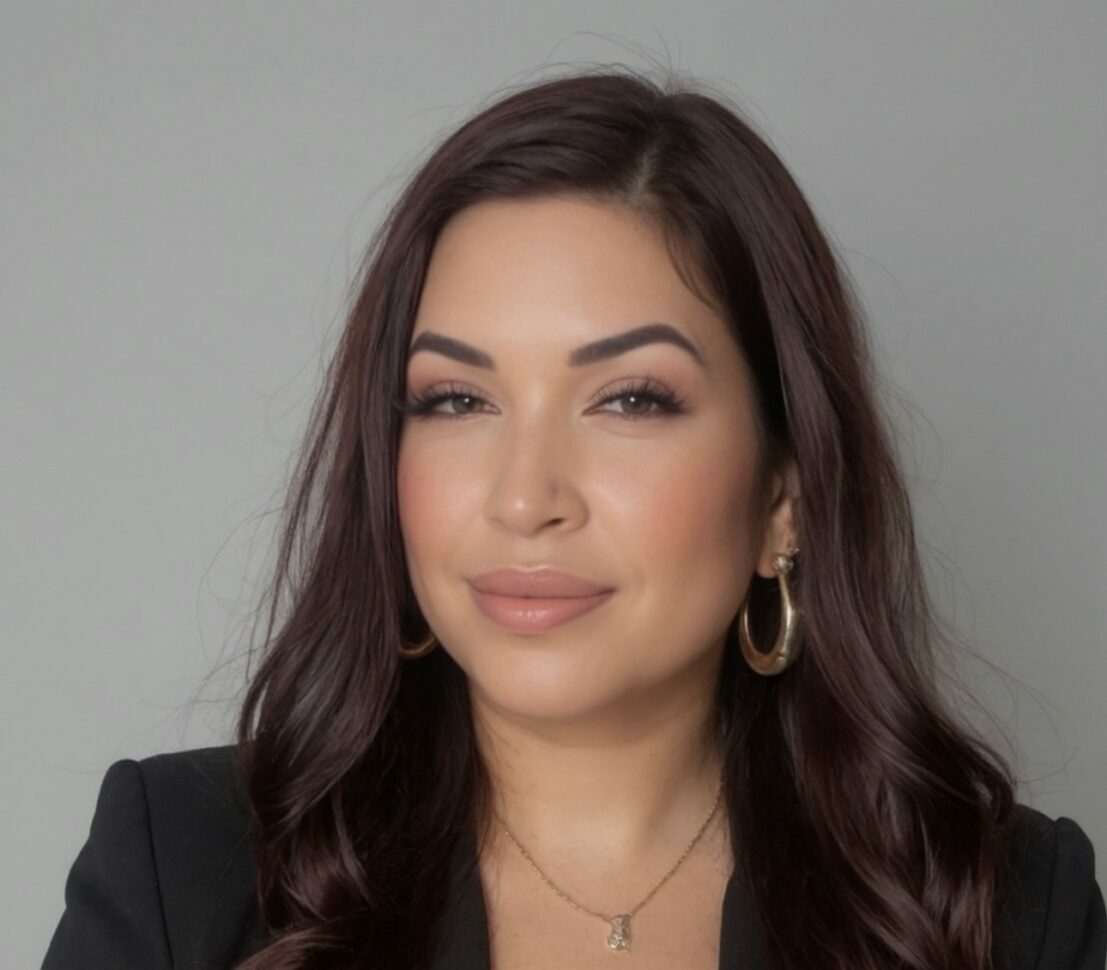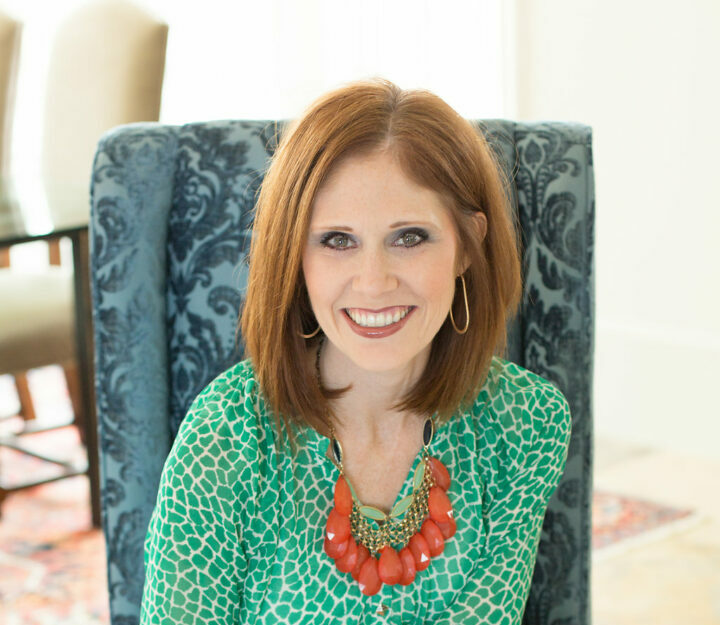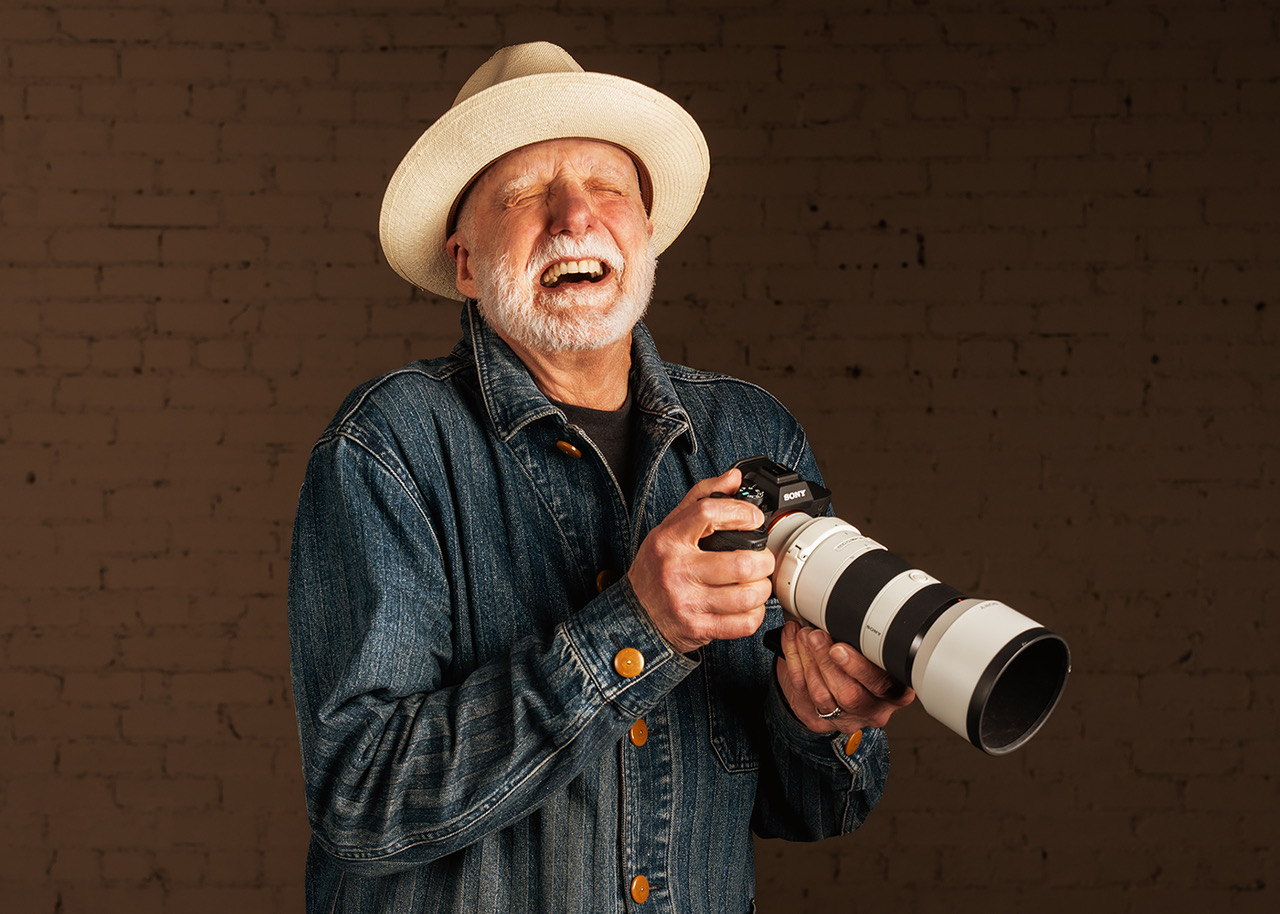We recently connected with Reggie D. Ford and have shared our conversation below.
Hi Reggie D. , really happy you were able to join us today and we’re looking forward to sharing your story and insights with our readers. Let’s start with the heart of it all – purpose. How did you find your purpose?
How I Found My Purpose
My purpose to empower individuals and organizations to embrace mental wellness, resilience, and vulnerability to foster connection, healing, growth and lasting transformation. But you know, I didn’t just wake up one day and say, “This is my purpose.” It’s been a journey—one that’s taken me through a lot of darkness, but also given me some of the most beautiful light. I call it my “Process of Perseverance.” It’s five stages: Pain, Passion, Purpose, Power, and Peace. Each one has shaped who I am and why I do this work.
PAIN: Where It All Started
I grew up in a home where love wasn’t always safe. My mom was just 14 when she had me, and our house was full of struggle—poverty, violence, addiction. I didn’t know it at the time, but I was experiencing trauma that would follow me for years. I became a master at hiding it. I chased success, trying to outrun the pain—straight A’s, athletic achievements, college scholarships, a master’s degree, business success.
But no matter how high I climbed, I still felt empty. The applause was loud, but the terrified voice inside me was louder. I’ll never forget the night I had an anxiety attack after weeks of insomnia. Everyone around me was telling me how proud they were of me—and all I could think was, “If only they knew how much I’m suffering.”
PASSION: Turning the Pain Into Fire
That moment cracked something open. I started therapy. I started writing. I met my inner child for the first time—and I realized that all these things I’d been doing weren’t really me. They were my armor. But beneath all of that? There was a deep desire to help others feel seen, understood, and loved. The same way I wished someone had done for me when I was younger.
That’s when I started writing my book, Perseverance Through Severe Dysfunction. At first, it was just a way to heal. But as I shared more of my story, people started reaching out. They saw themselves in my words. That’s when I realized—my story wasn’t just healing me, it was giving others permission to open up about their struggles so they could heal as well.
PURPOSE: What I Was Made For
My purpose became clear when I understood this: I’m here to help people turn their pain into power. To remind folks—especially those who’ve been told they’re too broken, too emotional, too much—that they are not broken. They’re brave. They’re survivors. And healing is possible.
This isn’t about being perfect or polished. It’s about being real. I found my purpose in the same place I used to hide my shame—in the truth of my story.
POWER: Walking Fully in My Truth
Now, I get to stand on stages, sit in rooms, and hold space for others to reconnect with themselves. Whether I’m speaking, teaching yoga, or coaching, I show up as me—fully, vulnerably, and with love. That’s where the real power is. Not in pretending we have it all together, but in showing people that they’re not alone.
I’ve learned that when you lead with authenticity, it gives others permission to do the same. That’s what I try to bring to every room I’m in.
PEACE: Coming Home to Myself
These days, peace is my prize. It’s in my morning routines, my boundaries, my breath. I used to think I had to hustle for worth, earn love and validation, be something more than who I am. Now I know—I was worthy all along. And if there’s one message I hope people take away from my journey, it’s this:
You don’t have to earn your healing. You don’t have to prove your worth. You are enough—right now, just as you are.
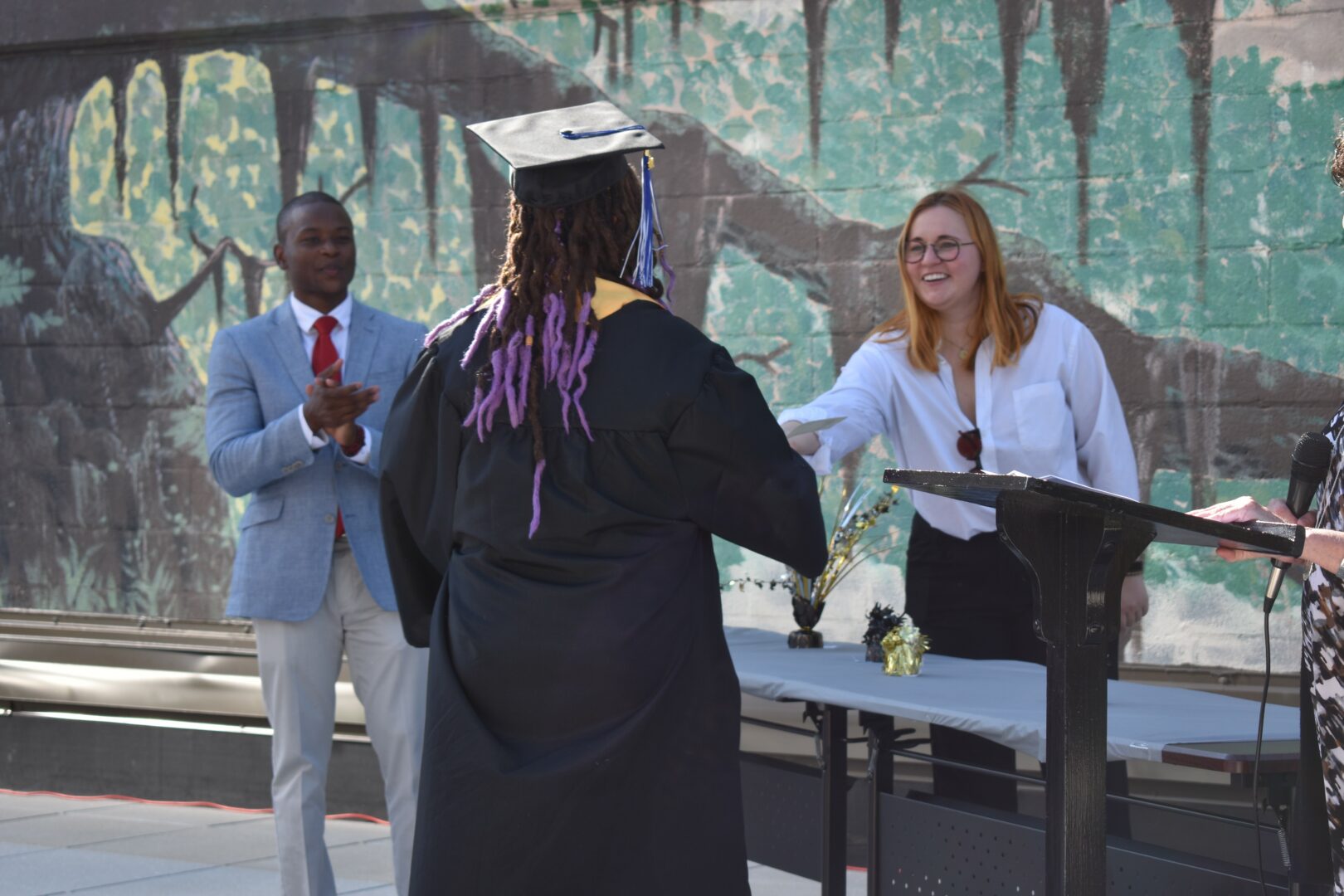
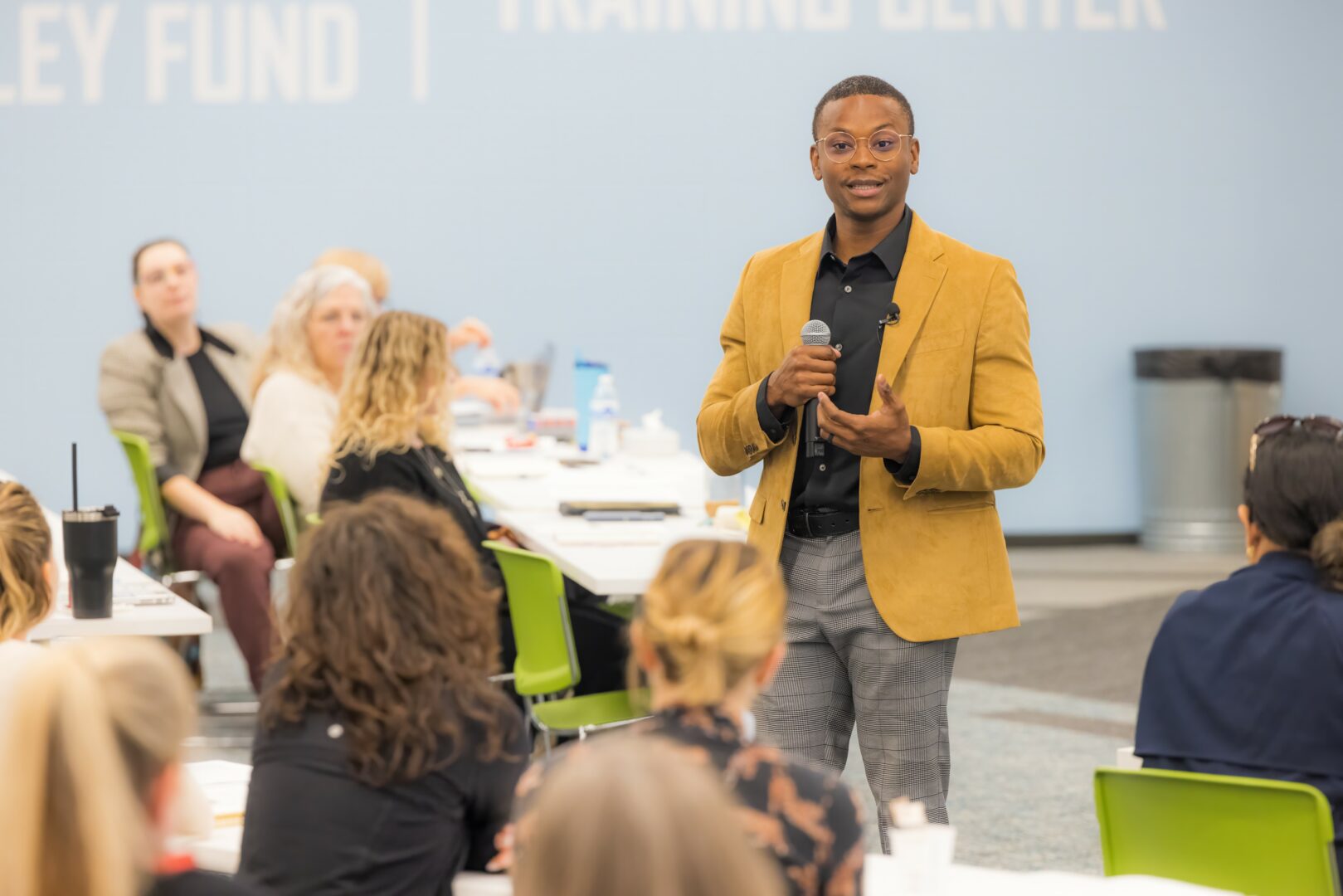
Thanks, so before we move on maybe you can share a bit more about yourself?
I always say my business and my brand were born from my personal healing journey. I’m Reggie D. Ford—a speaker, author, mental health advocate, and founder of RoseCrete, a platform that’s all about turning pain into peace and helping people build resilient, emotionally intelligent lives.
Professionally, I wear a few hats, but they all center around one thing: helping people heal through vulnerability, self-love, and perseverance. I speak on stages—from corporate boardrooms to schools and conferences—sharing my story of growing up in severe dysfunction and how I found healing, not through achievement, but through self-acceptance. I write books, teach trauma-informed yoga, and facilitate workshops that help people process emotions they’ve been taught to hide. My TEDx Talk was all about that journey—from chasing external validation to finally choosing self-love.
What makes this work feel special to me is that it’s rooted in lived experience. I’m not speaking from a distant pedestal—I’m walking alongside people. I know what it’s like to be successful on paper and still feel like you’re drowning inside. I know how shame, trauma, and silence can hold us back. And I also know what freedom feels like. That’s what I try to offer people through my brand: not just inspiration, but real tools for transformation.
Right now, I’m focused on growing my coaching and speaking business. I’m building programs to embrace vulnerability as a strength, develop a resilient mindset, and create cultures of psychological safety especially for high-performing professionals. I’ve also diving deeper on my a podcast called Vulnerability Muscle, where I sit down with changemakers and everyday warriors to explore what it means to lead with heart and humanity.
What’s new? A lot! I was just published as a co-author in a #1 New Release called Approaching the Circle Red Carpet V2, a anthology of TEDx speakers and their experiences. Additionally, I’ll be keynoting at several conferences this year and I’m working on a new coaching program rooted in positive psychology.
At the end of the day, I want people to know this: you don’t have to suffer in silence, and you don’t have to wait until you’re “fixed” to be worthy of love or purpose. I’m living proof that healing is possible—and that it can be powerful.
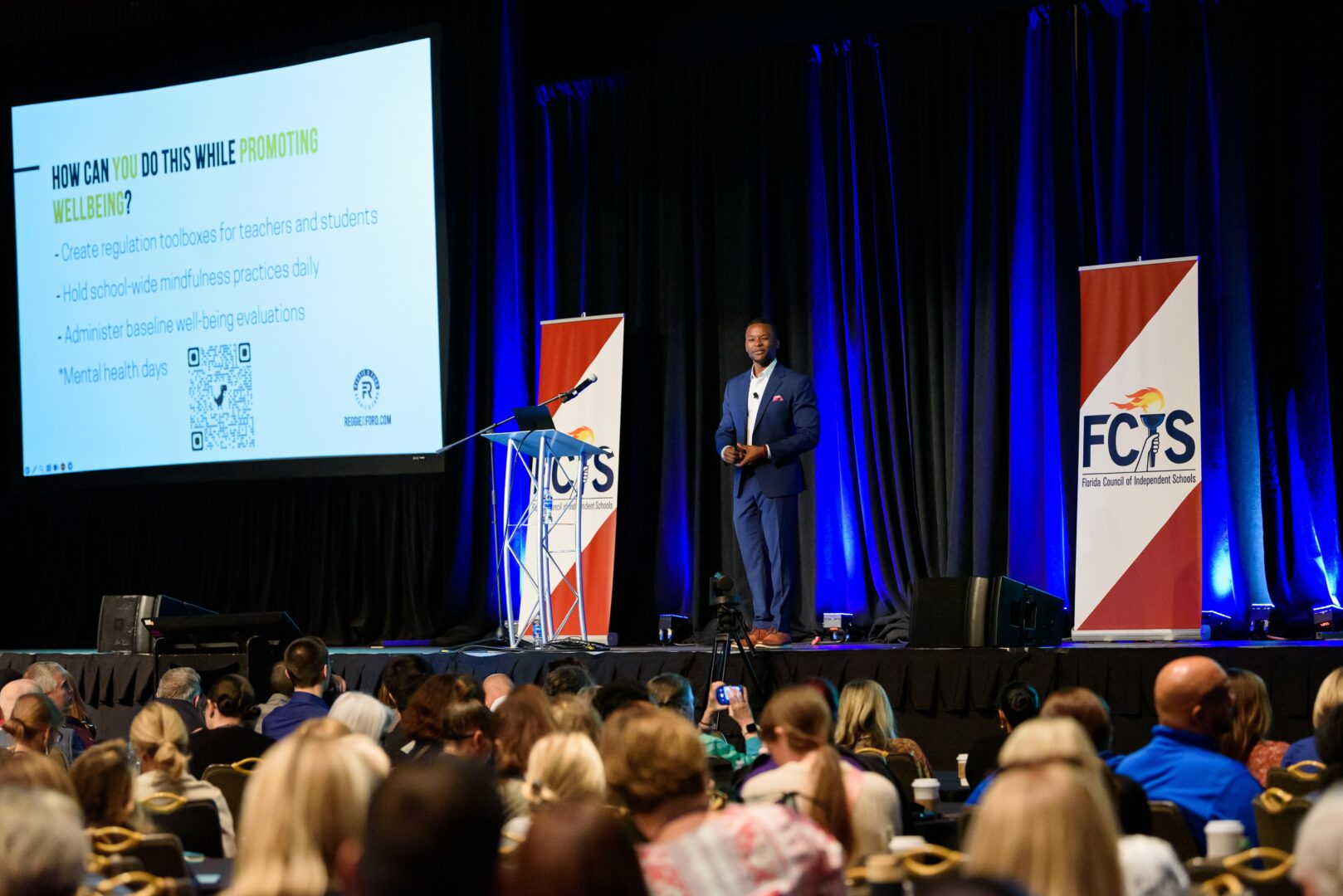
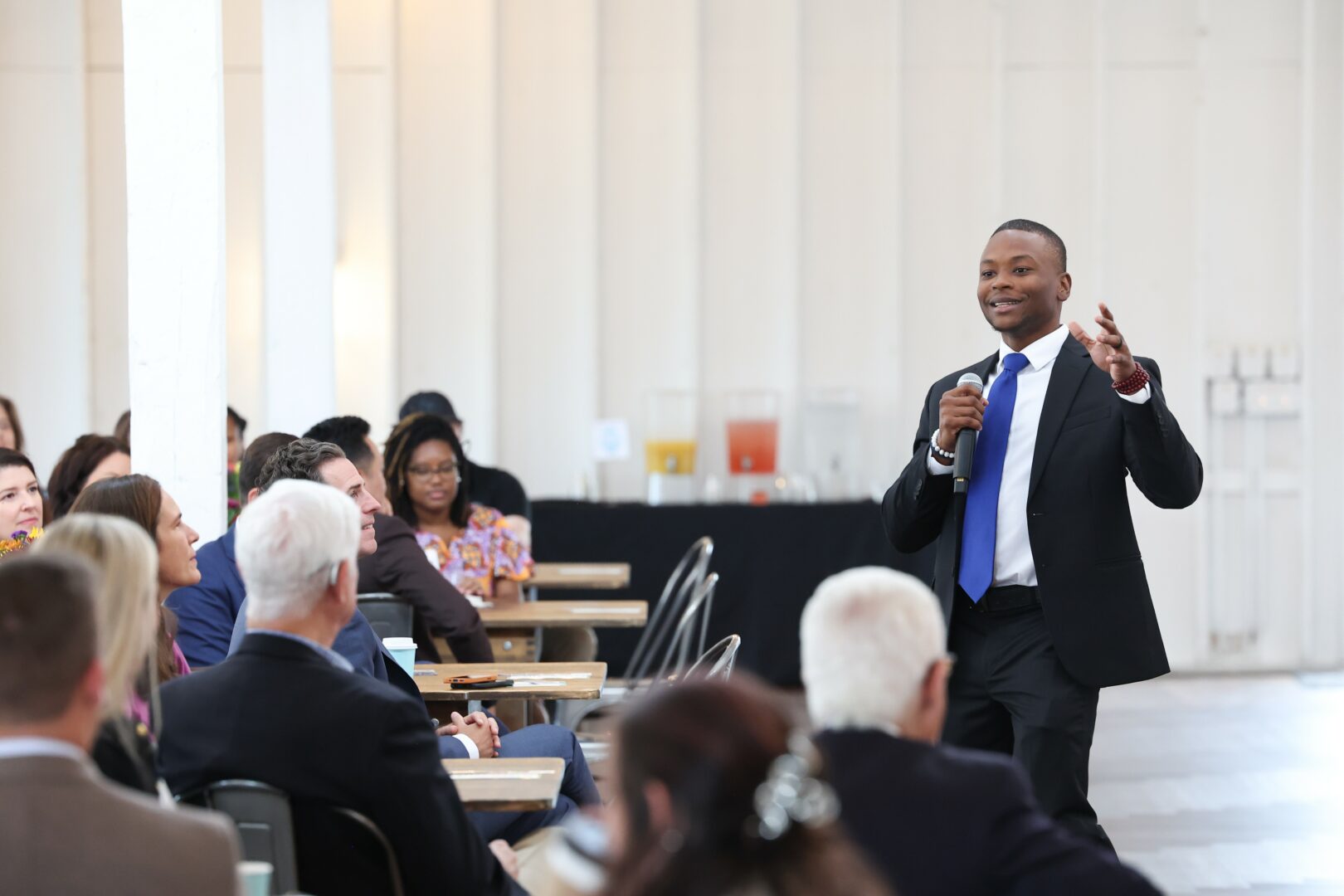
If you had to pick three qualities that are most important to develop, which three would you say matter most?
The Three Most Impactful Skills on My Journey
Looking back, there are three qualities that have shaped my path more than anything else: resilience and adaptability, vulnerability with safe people, and the ability to find meaning—even in pain—through gratitude.
1. Resilience and Adaptability
I had to develop resilience early—before I even had the language for it. Growing up in a violent, unstable environment, I learned how to survive before I ever learned how to thrive. I had to adapt quickly when my surroundings shifted—from unsafe neighborhoods to elite schools where I often felt like an outsider. What I didn’t realize then was that these experiences were building my resilience. I was learning how to bend without breaking.
If you’re early in your journey, I want you to know that resilience isn’t about pushing through pain without feeling it. It’s about staying open to growth even when life doesn’t feel fair. And adaptability doesn’t mean losing yourself to fit in—it means evolving in ways that still honor your truth and authenticity. Start by giving yourself credit for the ways you’ve already adapted. You’re probably more resilient than you think.
2. Leaning into Vulnerability with Safe Individuals
This one was—and still is—the hardest for me. Because I’ve been through interpersonal trauma, trusting others doesn’t come easily. I had learned to protect myself by shutting down or staying in control. But healing required me to unlearn that. I had to surrender. I had to let myself be seen—by my therapist, by the few people in my life who had earned the right to hear my story, by chosen family who showed me what actual unconditional love looks like.
If you’re just starting out, know that vulnerability isn’t something you owe to everyone. It’s sacred. Start with yourself. My earliest forms of vulnerability were with myself, usually in the form of writing or music. Getting real with yourself may make it easier to open up to safe people—those who listen without judgment, who honor your truth without trying to fix or rush you. Vulnerability is a skill you build over time, not a door you fling open. But when you begin to share pieces of your story in safe spaces, something beautiful happens—you begin to feel less alone.
3. Gratitude and the Ability to Find Meaning Without Pretending Everything is Fine
This was the mindset shift that brought me the most peace. I’m not talking about toxic positivity—the kind that tells you to “just be thankful” when everything is falling apart. I’m talking about a deeper form of gratitude—the kind that says, “Even in this pain, there’s something I’m learning. Even in the struggle, there’s something I’m gaining.”
For me, gratitude became a way to reclaim power from painful experiences. I started asking: What is this moment here to teach me? That question helped me turn grief into growth, shame into understanding, and fear into compassion. If you’re at the beginning of your journey, start small. Keep a daily list of things you’re grateful for—not to ignore the hard stuff, but to remind yourself that joy can exist alongside pain. It’s both/and, not either/or.
If I could offer one piece of advice, it’s this: Be gentle with yourself. Growth doesn’t happen in a straight line, so you will need to give yourself a great deal of self-compassion. Some days you’ll feel strong, others you’ll feel broken. But every part of your journey matters. And if you’re showing up, if you’re trying—that’s already courageous. Keep going and remember that you deserve healing.
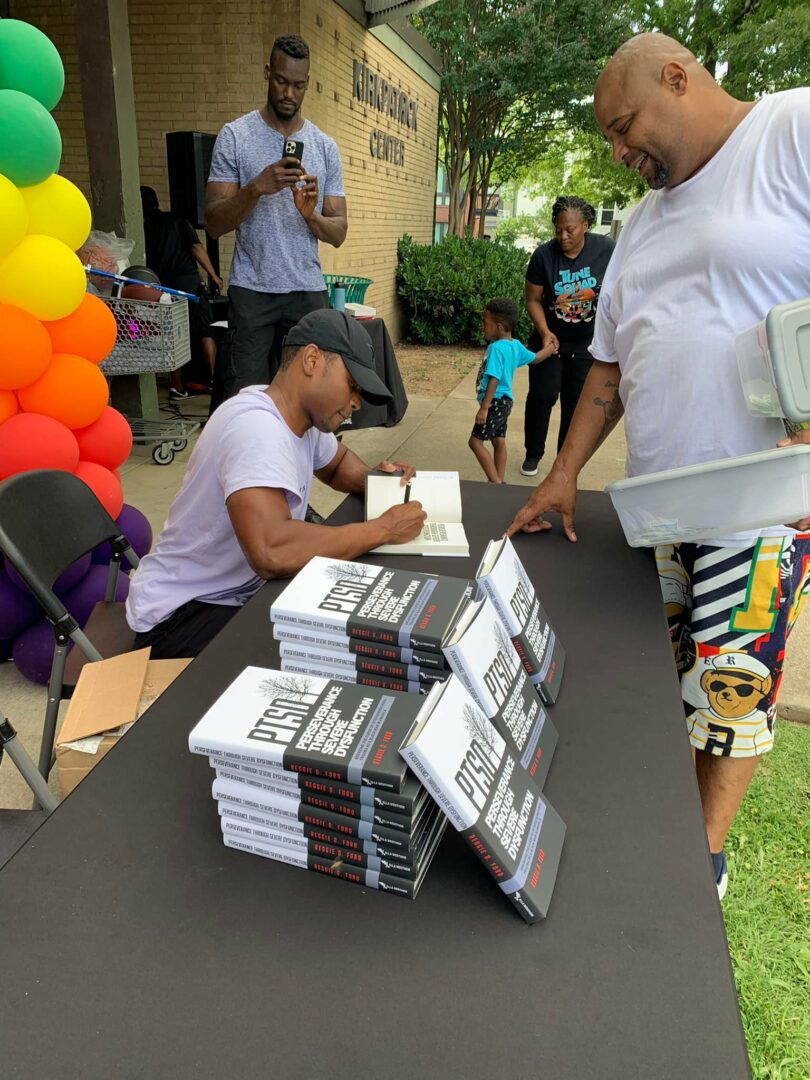

How can folks who want to work with you connect?
Absolutely. I’m always looking to collaborate with organizations, companies, and communities that don’t just say they care about their people—but are willing to show it through meaningful action. As a speaker and mental wellness advocate, my mission is to help create environments where vulnerability is embraced, psychological safety is prioritized, and people feel empowered to show up as their full selves—especially in high-performing spaces.
My journey has taken me from surviving dysfunction and trauma in my childhood to performing at the highest levels in academics, athletics, and business. I was a Division I football player at Vanderbilt University, the first in my family to graduate college, and I went on to earn my master’s degree. I built a successful wealth management firm, worked at world-class institutions like Deloitte, and received accolades many would associate with “making it.”
But while I was succeeding on the outside, I was silently suffering on the inside.
I had spent years achieving in part to outrun the impact of my trauma, unaware of how deeply my unaddressed mental health challenges were shaping my identity, decisions, and relationships. It wasn’t until I hit a breaking point—anxiety, depression, insomnia—that I began to heal. That healing journey has since become the foundation of the work I do today.
Now, I speak to corporate teams, conferences, schools, sports teams, and nonprofits about the intersection of high performance and hidden pain. I help leaders and employees alike understand how trauma, perfectionism, and unprocessed emotional stress show up in the workplace—and how resilience, emotional intelligence, and vulnerability can transform culture, engagement, and retention.
So if you’re a leader who wants to go beyond check-the-box mental health programming and invest in real, human-centered transformation—I’d love to collaborate.
You can connect with me through my website at www.reggiedford.com, email my team at [email protected], or reach out via LinkedIn. Whether it’s a keynote, a workshop, a wellness series, or a creative collaboration—we can create something that not only inspires, but ignites lasting change in your organization.
Because at the end of the day, people don’t burn out from working hard—they burn out from feeling unseen, unsupported, and unwell. I’m here to help change that.
Contact Info:
- Website: https://reggiedford.com
- Instagram: https://www.instagram.com/reggiedford/
- Facebook: https://www.facebook.com/reggiedford
- Linkedin: https://www.linkedin.com/in/reggiedford/
- Twitter: https://www.x.com/reggiedford/
- Youtube: https://www.youtube.com/@reggiedford
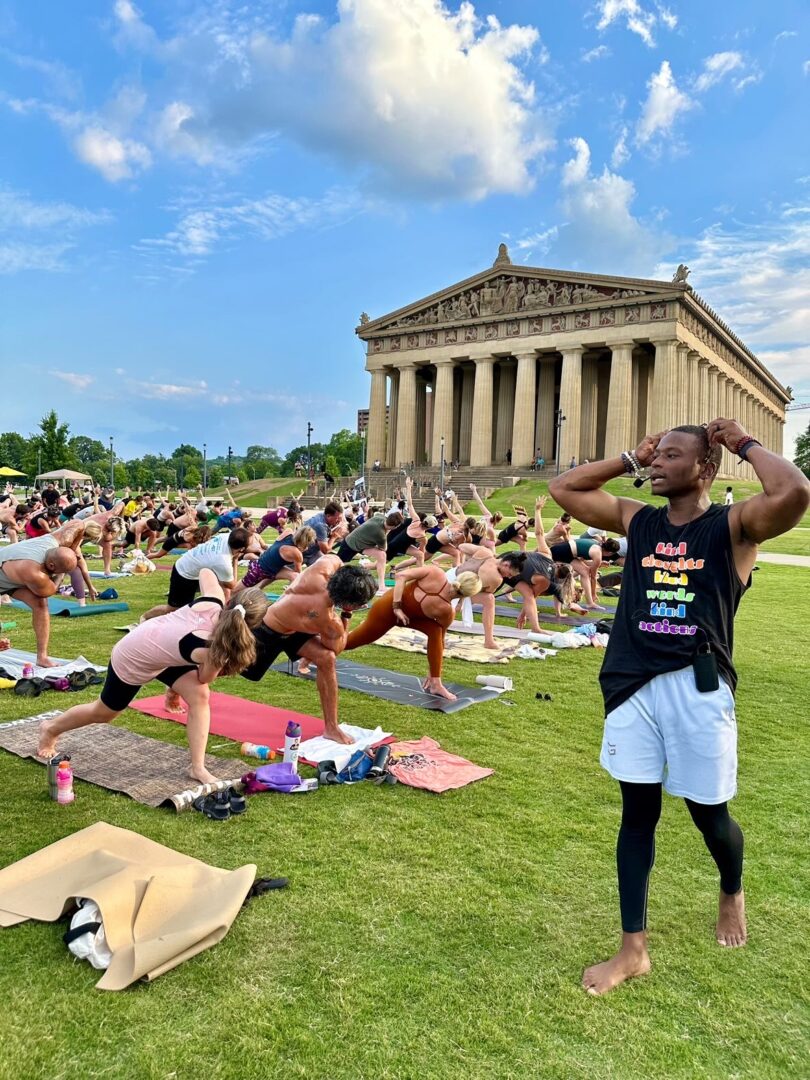
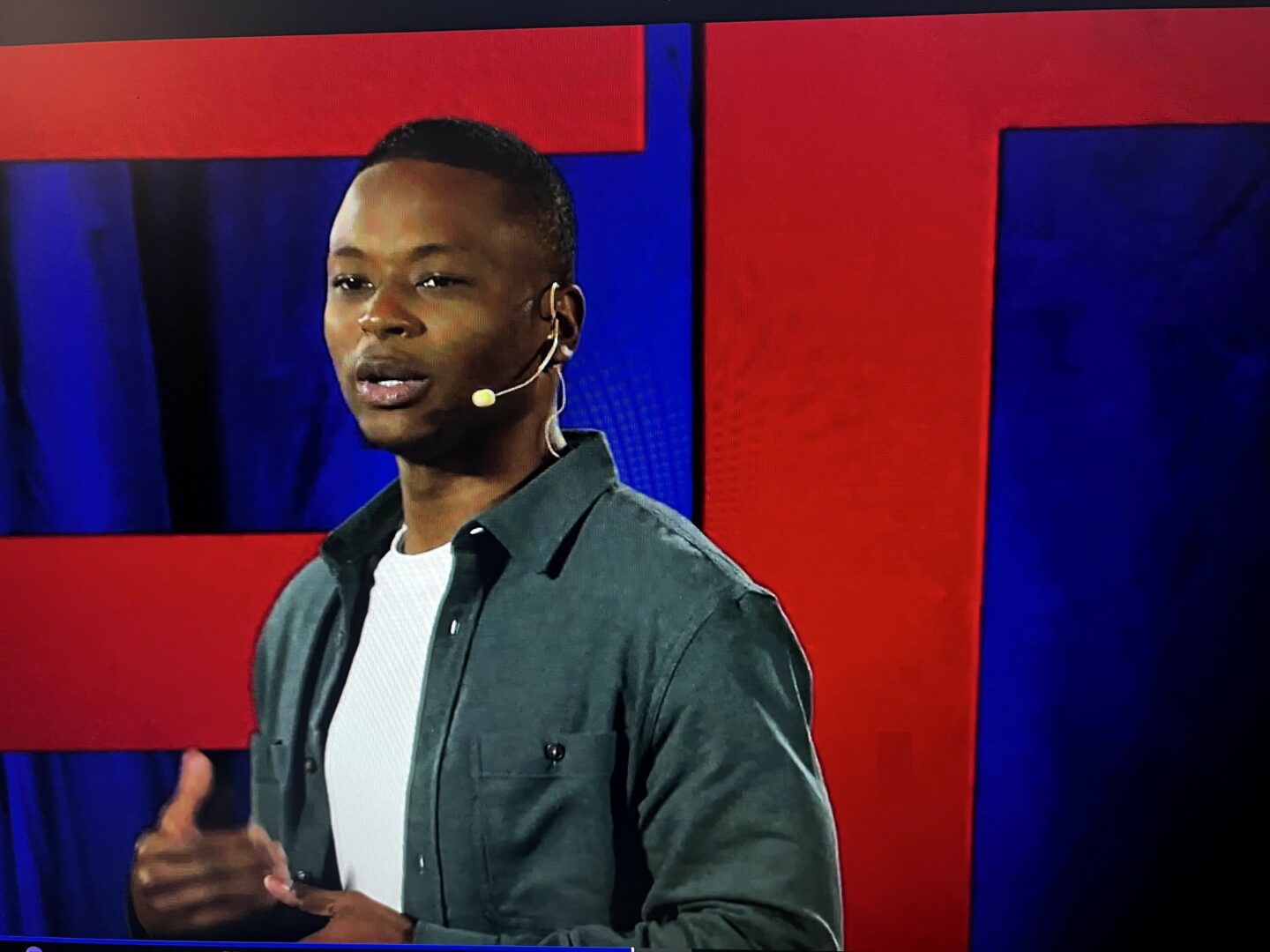
Image Credits
Reggie D. Ford for all
so if you or someone you know deserves recognition please let us know here.


